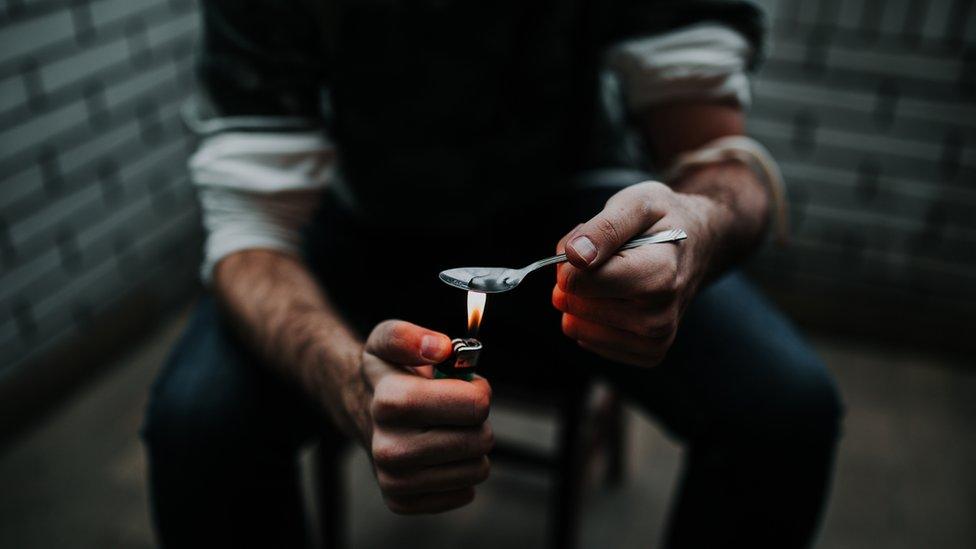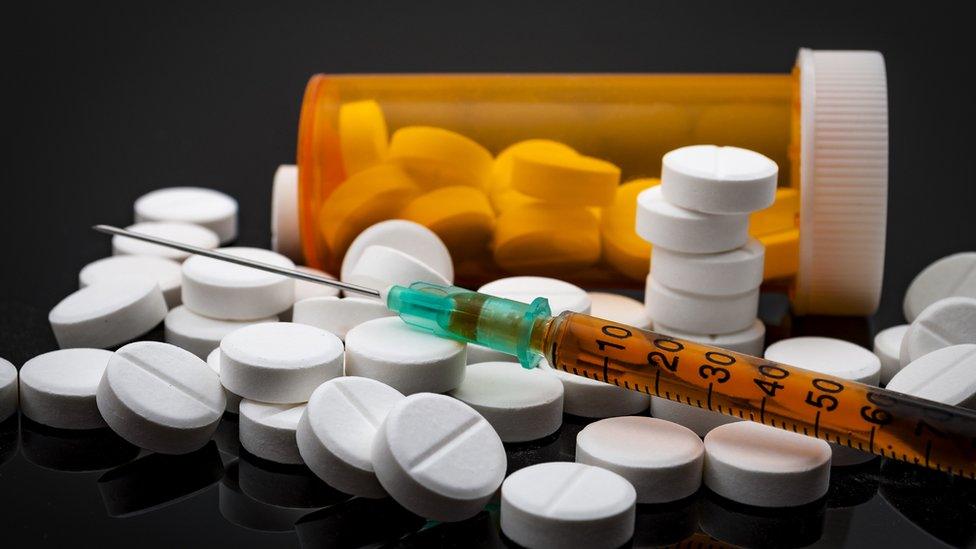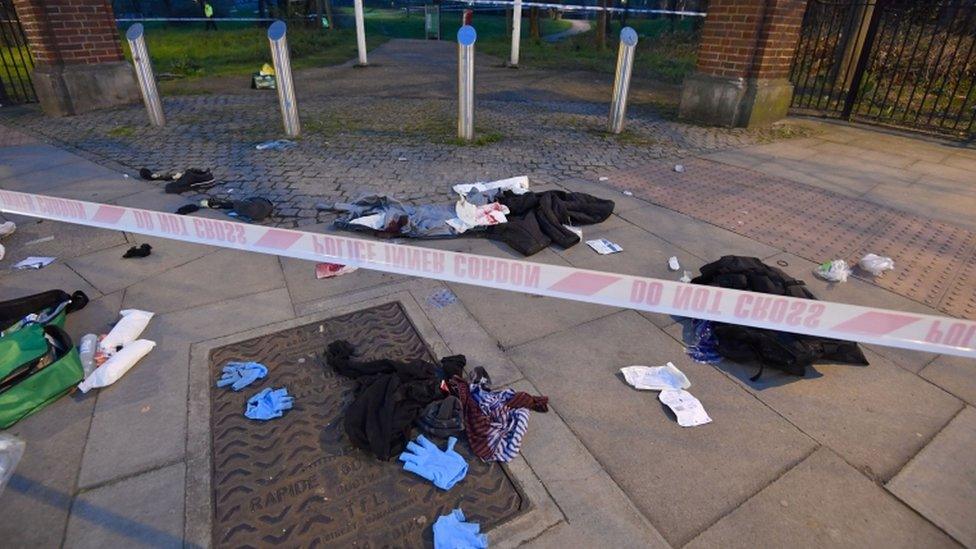Thames Valley Police 'won't arrest drug users' in pilot
- Published

Thames Valley Police says 14 people died from drug-related deaths in West Berkshire in 2017
People found with "small quantities of illegal drugs" will not be arrested and instead urged to engage with support services, as part of a police pilot.
Thames Valley Police (TVP) hopes the approach will reduce deaths, prevent reoffending and lower service demands.
Assistant Chief Constable Jason Hogg has denied the scheme is a soft approach, saying there is "nothing soft about trying to save lives".
Figures showed drug deaths nationally increased by 29% in 2017.
ACC Hogg said people would not be prompted to attend appointments, but if they failed to engage with addiction services "they could find themselves being prosecuted" if found in possession in the future.
Lucy Dawe from charity Cannabis Skunk Sense said people with drug problems "should be able to receive help" because "nobody wants to lock up anyone who has a health problem".
"We would not suggest decriminalisation," she added. "If they choose not to engage with services, then they should be prosecuted."
The three-month pilot in West Berkshire will offer a "tailored diversion route" to address people's use of drugs instead of seeing them prosecuted.
No soft touch
The no-arrest pilot refers to all drugs, including the most dangerous Class A substances.
TVP said people in possession of large quantities of drugs and those suspected of supplying them would continue to be arrested.
ACC Hogg said it was "definitely the case" the approach would allow officers to be deployed to other areas, but added it was "not the reason" for the scheme.
He added: "We are aware some people may think that (it is a soft approach), but there is nothing soft about trying to save lives.
"We hope this will allow those who are offending for the first time, young people for example, an opportunity to become educated about the risks drugs pose and for those with established addictions to seek specialist treatment."
- Published6 August 2018

- Published3 August 2018

- Published23 May 2018
